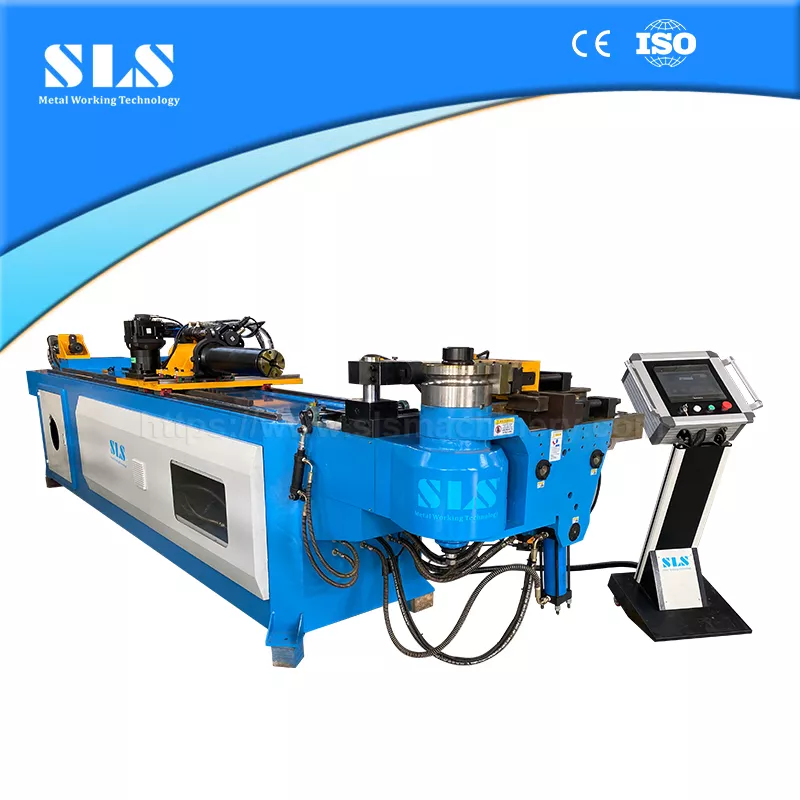In the vast and evolving landscape of industrial machinery, a pipe bending machine stands out as a pivotal tool in the fabrication of metal pipes and tubes. With its robust design and advanced technology, this machine streamlines the process of bending pipes, enhancing efficiency and precision in manufacturing. Below, we delve into the capabilities, specifications, and advantages of utilizing a pipe bending machine in industrial applications.
Key Features and Capabilities
Precision Bending
A top-tier pipe bending machine delivers unparalleled accuracy in bending pipes. It can achieve tight radii bends, maintaining the integrity and strength of the pipe throughout the process. This precision is crucial for applications requiring exact measurements and tight fittings, such as in aerospace, automotive, and construction industries.
Versatility in Materials
These machines can handle a wide range of materials, from stainless steel and aluminum to copper and titanium. The versatility ensures that manufacturers can use a single machine for various projects, optimizing their investment and reducing the need for multiple specialized machines.
Multiple Bending Profiles
With capabilities to perform different bending profiles such as U-bends, circular bends, and coil bends, a pipe bending machine serves a broad spectrum of industrial needs. This versatility allows for the creation of complex pipe configurations, essential for intricate machinery and systems.
Specifications and Performance Metrics
Speed and Efficiency
Modern pipe bending machines boast significant improvements in speed and efficiency. For instance, a CNC (Computer Numerical Control) pipe bending machine can complete bends in seconds, significantly reducing production times. This speed, combined with high precision, maximizes productivity and minimizes waste.
Power Consumption and Operating Costs
Power consumption varies depending on the machine's size and complexity. A typical CNC pipe bending machine might consume about 5 to 10 kW per hour of operation. While this may seem substantial, the efficiency and speed of production often offset the energy costs, leading to lower overall operating expenses.
Durability and Maintenance
Designed for longevity, these machines require minimal maintenance, primarily involving regular lubrication and calibration checks. The durability of a pipe bending machine ensures a prolonged operational life, often exceeding 10 years with proper care, which is a testament to its construction and the quality of materials used.
Advantages of Using a Pipe Bending Machine
Cost-Effectiveness
By automating the bending process, manufacturers can save on labor costs and reduce material wastage. The precision of CNC pipe bending machines minimizes errors, ensuring that each bend meets the required specifications without the need for costly reworks.
Enhanced Safety
Automated bending processes reduce the risk of injuries associated with manual bending methods. Safety features built into the machine protect operators from potential hazards, making the workplace safer.
Improved Product Quality
The consistency and accuracy provided by a pipe bending machine lead to higher quality products. Uniform bends and the ability to meet exact specifications ensure that the final products meet or exceed industry standards.
Conclusion
A pipe bending machine is an indispensable tool in modern manufacturing, offering precision, versatility, and efficiency. Its ability to work with various materials and produce multiple bending profiles makes it a valuable asset across many industries. With advancements in technology, these machines continue to push the boundaries of what is possible in pipe fabrication, contributing significantly to efficiency and product quality in the manufacturing sector.
